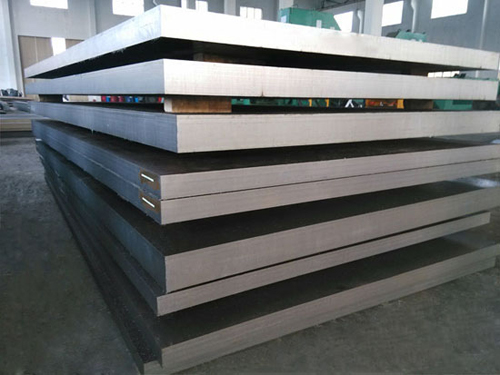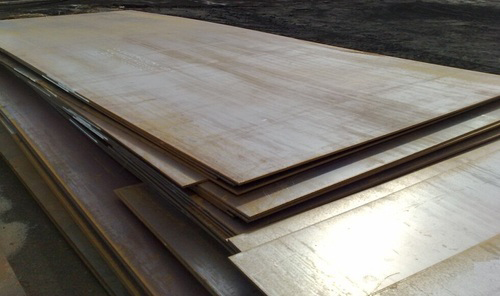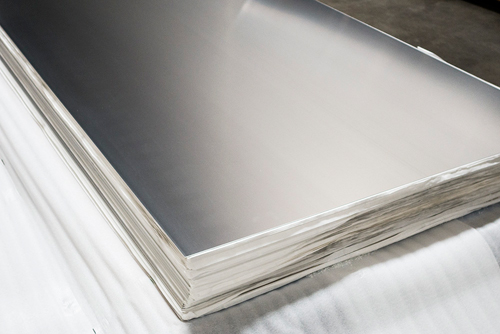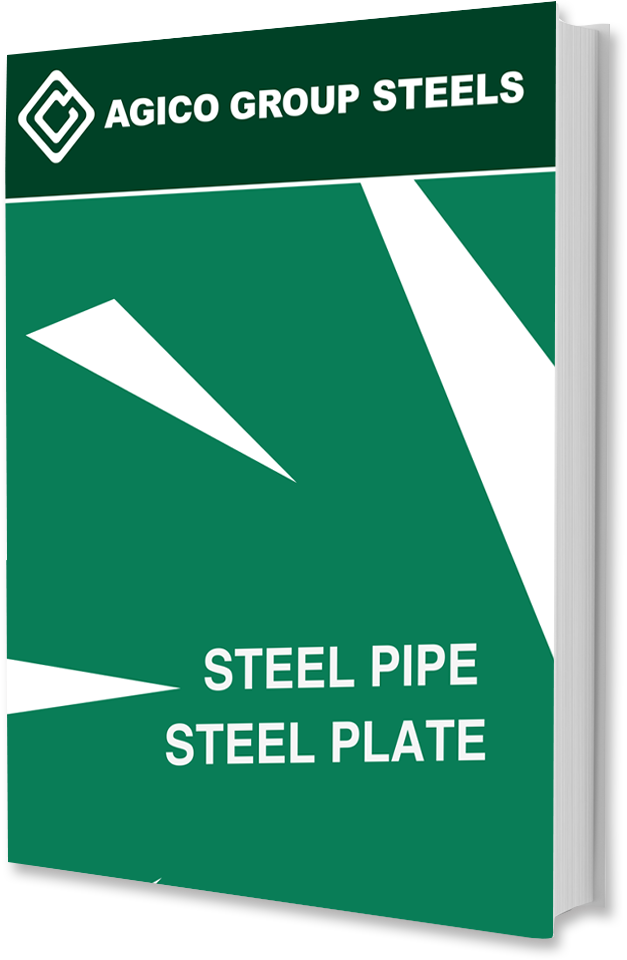Comparison among carbon steel plate, alloy steel plate and saintliness steel plate
In the steel market, we can find different types of steel plate for diverse usage. Customers always ask us about the difference of the steel plates that we offered on our website. While there are many ways to categorize steel, we find it useful to break the types of steel down into three categories: carbon steel, alloy steel and stainless steel. Let us take an in-depth look at these common categories of the steels. What are the differences among them, and what to consider when deciding which type of steel is right for you.
Carbon steel plate
Carbon steel plate can also be segregated into three main categories: low carbon steel plate, as known as mild steel plate; medium carbon steel plate and high carbon steel plate.
Low carbon steel plate, as called mild steel plate. Normally, the steel plate contain 0.04% to 0.30% carbon content is called low carbon. This is one of the largest groups of carbon steel plate. Low carbon steel can be formed into diversity shape. It may cover from Flat Sheet to Structural Beam. Depending on the desired properties needed, other elements are added or increased. For example: Drawing Quality (DQ) – The carbon level is kept low and Aluminum is added, and for Structural Steel the carbon level is higher and the manganese content is increased.

Medium carbon steel plate: the carbon range of medium carbon steel plate ranges from 0.31% to 0.60%, and also a manganese content ranging from 0.06% to 1.65%. The medium carbon steel plate is much more stronger than the low carbon steel plate. With the hardness increases, it is also harder to form, weld and cut. Medium carbon steels are quite often hardened and tempered using heat treatment.
High carbon steel plate: Commonly known as “carbon tool steel” it typically has a carbon range between 0.61% and 1.50%. High carbon steel is very difficult to cut, bend and weld. Once heat treated it becomes extremely hard and brittle.
Alloy steel plate
Alloy steel is a steel that has had small amounts of one or more alloying elements (other than carbon) such as manganese, silicon, nickel, titanium, copper, chromium and aluminum added. This produces specific properties that are not found in regular carbon steel. Alloy steels are workhorses of industry because of their economical cost, wide availability, ease of processing, and good mechanical properties. Alloy steels are generally more responsive to heat and mechanical treatments than carbon steels.

High strength low alloy or (HSLA) steel plates, provide greater environmental corrosion resistance and are stronger than convention carbon steel. HSLA is also very ductile, highly formable and easy to weld. HSLA steels are not typically made to meet a certain chemical composition, instead they are known to meet specific mechanical properties. The HSLA specification is intended primarily for use in structural members, where savings in weight and added durability are critical.
Stainless steel plate
Stainless steel is a steel alloy with increased corrosion resistance compared to carbon/alloy steel. Common alloying ingredients include chromium (usually at least 11%), nickel, or molybdenum. Alloy content often is on the order of 15-30%.
Common applications include food handling/processing, medical instruments, hardware, appliances, and structural/architectural uses.
Stainless steel is available in a wide variety of shapes such as bar stock, channel, beam, angle, pellet machine making and more. It can be cut to your exact specifications.

AGICO can provide you all kinds of steel plate, steel pipe and steel coil to meet the variety choice of our customers, welcome to contact us to get detail information.
We receive enquiries in English, Español (Spanish), Русский язык (Russian), Français (French) and العربية (Arabic). Our professional team will reply to you within one business day. Please feel FREE to contact us!

